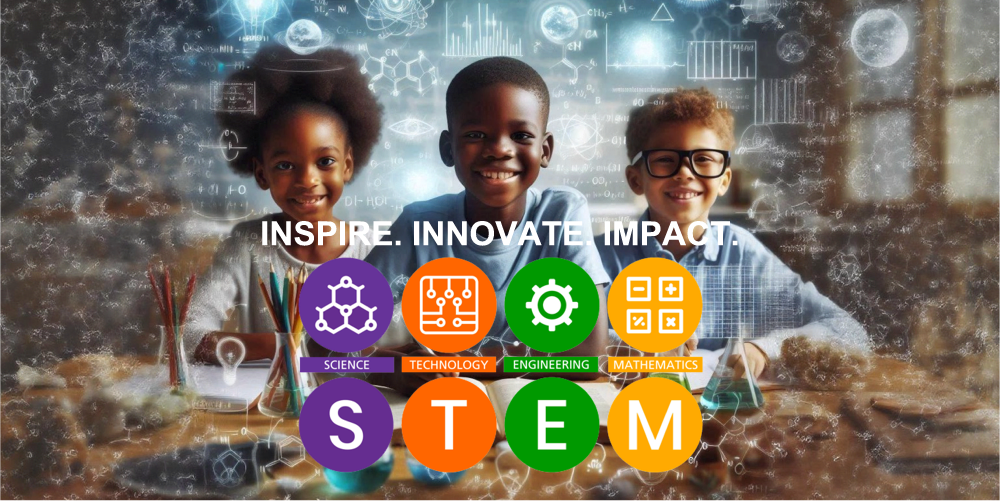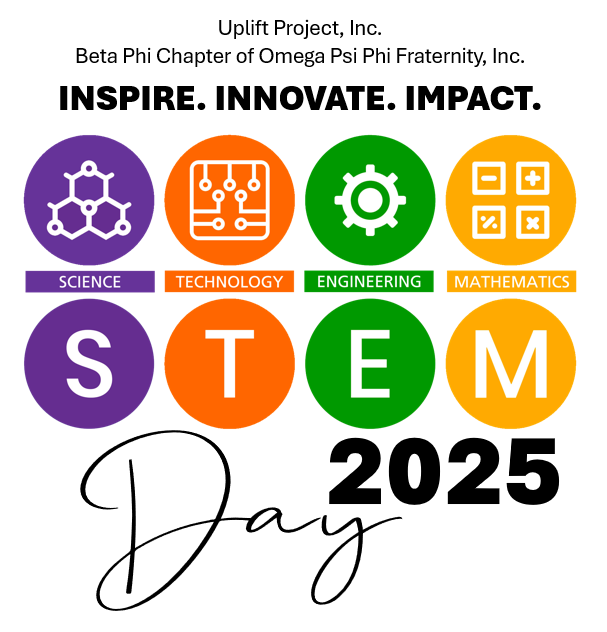UPI STEM Initiative
Gene Lofton, gene.lofton@hotmail.com
The UPI STEM (Science, Technology, Engineering, and Mathematics) Initiative, in conjunction with Beta Phi Chapter of Omega Psi Phi Fraternity, Inc., is an educational initiative aimed at inspiring and empowering students to pursue careers in STEM fields. This endeavor incorporates hands-on learning experiences, mentorship opportunities, and curriculum enhancements to foster interest and proficiency in STEM subjects among students.
STEM education is crucial for preparing students for the demands of the 21st-century workforce. However, there is a growing concern about the lack of interest and proficiency in STEM subjects among students. The UPI STEM Initiative aims to address this issue by providing engaging and interactive learning experiences that ignite curiosity and passion for STEM fields.



